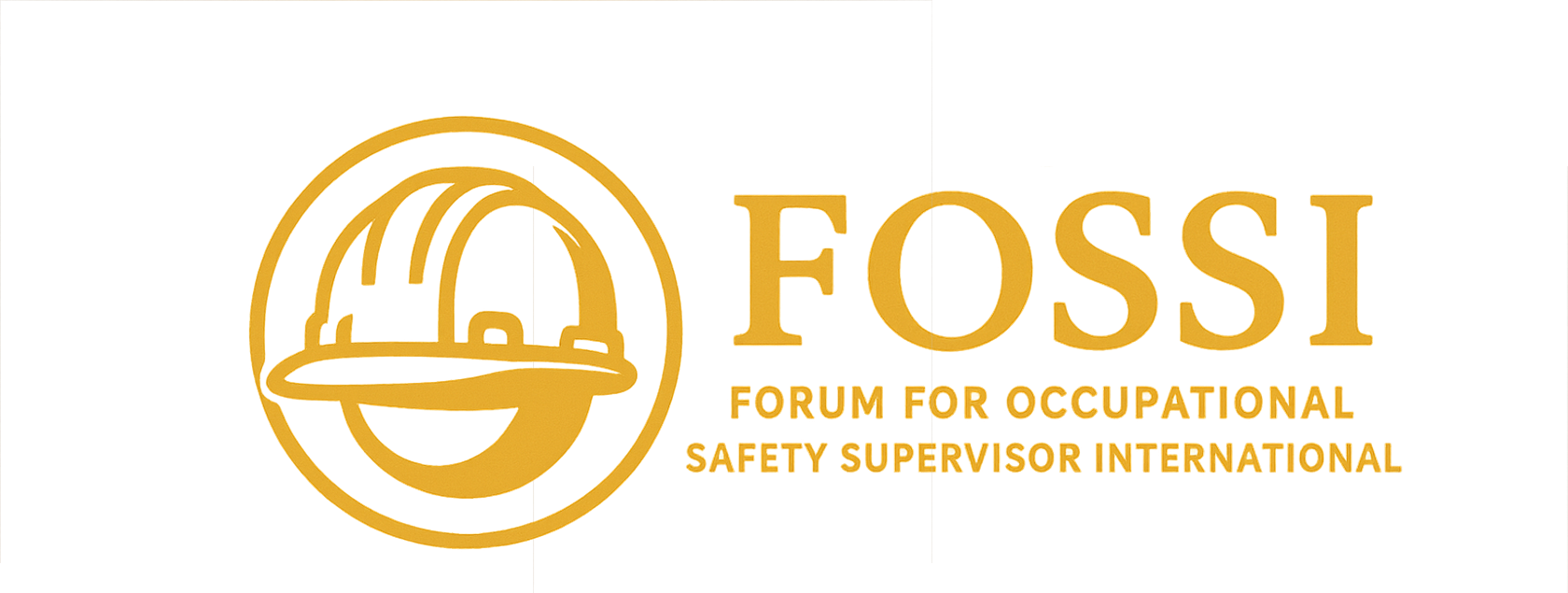Boost Workplace Safety: Importance of FOSSI Certification for Safety Professionals in Workplace Safety Management
Write your awesome label here.
Ensuring a safe workplace environment is paramount for any organization, and gaining a FOSSI (Forum for Occupation Safety Supervisor International) certification can significantly enhance safety management strategies. This esteemed certification equips safety professionals with advanced knowledge and skills essential for identifying potential hazards and implementing effective safety measures. By obtaining FOSSI certification, professionals demonstrate their commitment to maintaining a high standard of safety, potentially reducing incident rates and enhancing employee well-being. As organizations strive to comply with ever-evolving safety regulations, having FOSSI-certified professionals on board can provide a competitive edge by promoting a proactive approach to safety management.
FOSSI certification has become a cornerstone in enhancing workplace safety programs across various industries. This accreditation ensures that employees and employers align with the highest standards of safety, reducing the risk of accidents and fostering a culture of safety awareness. The adoption of FOSSI-certified practices leads to improved compliance with regulatory requirements, ultimately saving organizations from potential fines and liabilities. Moreover, FOSSI-certified leaders demonstrate a commitment to their workforce's well-being, which can enhance their reputation and boost employee morale. Understanding the full range of benefits offered by FOSSI certification helps organizations make informed decisions about their safety programs.
FOSSI certification plays a crucial role in enhancing employee safety engagement by promoting a culture of occupational health and safety management, thereby increasing workplace safety awareness and compliance with occupational safety and health regulations. This certification also fosters effective safety training programs, workplace hazard identification, and risk assessment strategies, ultimately leading to improved employee participation in safety initiatives and overall workplace safety performance. As a result, organizations experience reduced workplace accidents and incidents, and improved employee morale and job satisfaction.
Obtaining FOSSI certification can yield substantial cost benefits for organizational safety, particularly in terms of occupational health and safety management, workplace hazard assessment, and industrial accident prevention. By reducing workplace injuries and illnesses, organizations can minimize workers' compensation claims, lower medical expenses, and decrease the financial burden of regulatory compliance with occupational safety and health standards. This, in turn, can lead to significant reductions in operational costs and improvements in overall occupational safety and health performance.
Enhancing compliance and regulatory adherence is crucial for organizations to avoid occupational safety and health administration (OSHA) penalties and fines. By obtaining FOSSI certification, safety professionals can develop expertise in workplace safety management systems, occupational health and safety regulations, and environmental health and safety (EHS) compliance. This certification also helps professionals implement effective hazard identification and risk assessment strategies, ensuring adherence to international organization for standardization standards and other relevant workplace safety regulations.
FOSSI certification plays a pivotal role in workplace safety culture transformation by empowering safety professionals with expertise in occupational health and safety management, including specialized knowledge in hazard identification, risk assessment, and control measures. This certification is particularly crucial in industries undergoing significant changes, such as the green transition, where new technologies and processes introduce unique safety challenges. For more information on creating a safe work environment during this transition, visit this link to learn about effective safety management strategies and best practices in workplace safety culture transformation, including employee engagement, safety training, and incident investigation techniques.

